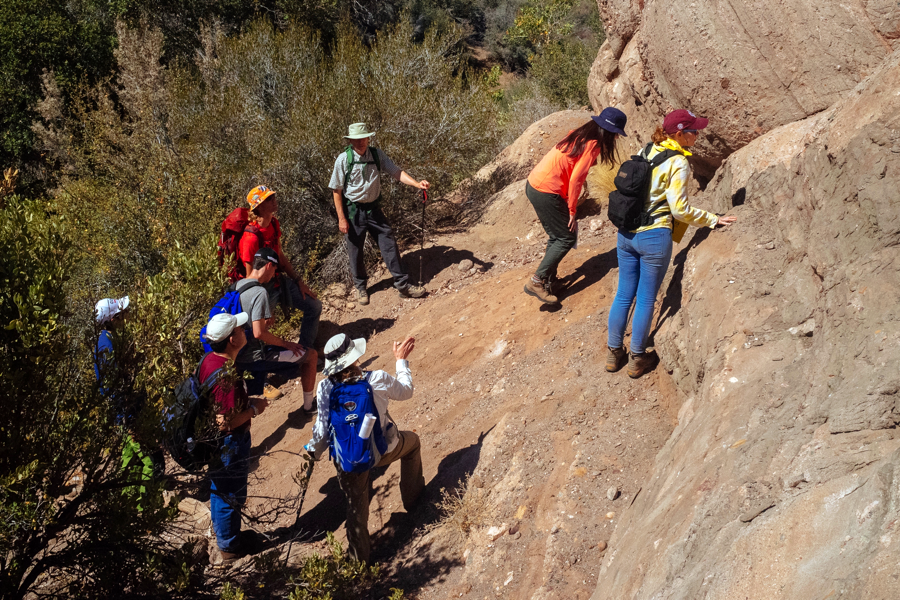All Categories
Featured
Table of Contents
Glad You Asked: What Are Seismic Surveys? in Kewdale Aus 2020
This work is significantly contracted out, so consultancies provide another source of employment. Consultancy companies differ in size, from extremely little business to big multinationals. Some consultancies are rather specialised in using particular geophysical techniques or working in specific locations, while others provide a more diverse series of services to their customers.
The extraction of gas from land fill sites is another area of work and this may grow in the future. Exploration companies might carry out work for building and construction firms, water business, mining business and ecological agencies, so geophysicists may be employed in any of these settings. Other companies include: geological surveysgovernment bodies and agenciesuniversities and research institutes.


Vacancies might be listed in the oil and gas sector press. Recruitment is impacted by oil price variations and the level of competition for positions differs depending on this. Careers Days, which cover the complete series of geoscience careers and are usually participated in by a variety of essential market companies, are run by The Geological Society.
Geophysical Survey in Carmel Oz 2020
Some of the big oil and gas business offer a complete two-year structured training programme across the breadth of geophysics, including the chance to experience work in different teams before specialising in one location. Your training may consist of work on: existing wellsmagnetic and gravitational potential field information analysisresearchrock analysis. However, it's more normal for your initial training to be supplied on the task.

There might be a probationary duration throughout which you work alongside an experienced associate. Competency-based appraisals take location routinely in most firms. In smaller sized firms, and for scholastic posts, there is not likely to be any formal training - you'll be expected to begin work straightaway and get skills as you go along.
If you work for a smaller company, you might discover that you require to take duty for setting up and moneying your own advancement and training. If you have a geology degree, membership of The Geological Society can be beneficial for networking and for maintaining to date with the market.
What Is A Seismic Survey? in Bertram Australia 2022
You might also find it beneficial to join the PESGB (The Petroleum Exploration Society of Great Britain, which has a geophysics special interest group. After a probationary period, and as soon as you have actually gained some experience, you might progress to senior geophysicist, then team leader and then into a senior role in management.
The ease of motion in between roles depends on the business structure. Research study at Masters or Ph, D level in a subject associated to geophysics or geosciences may assist with your profession development and development. The work market within the oil and gas market is extremely reliant on cost and this may impact your opportunities for profession progression.
However, not all tasks depend on the oil and gas industries. For experienced geophysicists, freelance consultancy uses a good path for career development. You can likewise specialise in a specific area of geophysics. As a geophysicist, you're likely to have numerous tasks throughout your working life. Global movement is crucial for dealing with peaks and troughs in various nations at various times.
Geophysicist Jobs in Nollamara Oz 2023
From geophysics, it's possible to focus on seismology (finishing additional training to end up being a seismic interpreter) or to move into related areas such as engineering geology or threat forecast.
Deciding what to study in college is a difficult choice. Even if you know that your field of interest lies in science, what program of research study is right for you?
The first step to accomplishing your objective of becoming a geophysicist is earning a degree. Even for entry-level positions in the field of geoscience, you'll need a bachelor's degree (a geophysicist college degree) from an accredited college or university. Geophysicists must be able to: evaluate rocks, pictures, and other pieces of data carry out research study both in the field and in labs produce maps and charts of their findings compose reports To accomplish all this, students need a specialized education for geophysicist careers.
As mentioned above, you'll require a bachelor's degree in geoscience or a related discipline, such as a physical science or a natural science, to land an entry-level task. Trainees can likewise prepare by majoring in subjects like: Biology Chemistry Computer science Engineering Mathematics Physics The above geophysicist majors offer a more generalized approach to a single scientific discipline, however most programs require students to take one or more geology course.
Latest Posts
Geophysical Survey in Jandakot Australia 2020
Geophysics Definition & Meaning in Roleystone Oz 2021
Geophysical Survey - Explore The Seafloor in Kinross WA 2021